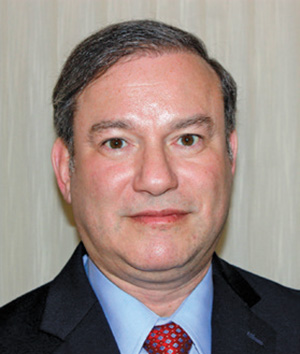
What if we were told that we only had a few months left to live? What regrets would we have? Would we regret that we did not spend more time in the office? Would we regret that we did not spend enough time watching television? Would we regret that we did not accumulate enough gadgets and possessions along the way? In short, what is really meaningful in our lives when all is said and done?
At this season in the Jewish calendar we take ourselves out of our comfortable homes and eat outside in a temporary hut. The Gemara, in fact, tells us that if we make our sukkot too permanent in construction they are no longer kosher. They must be temporary and flimsy in nature. If this holiday were only to commemorate the way the Jews wandered the desert for 40 years in huts, we would have celebrated it in the spring. Instead, our sages insisted that we celebrate it in the fall. The lesson we are to learn is that we are vulnerable. Life is ephemeral and passing. Our wealth does not lie in our houses and possessions. Instead, there is more to life than that. We need to learn to trust in Hashem, not only in ourselves.
Rabbi Sacks calls this the festival of insecurity. We do not need to live rich to eat under a roof made up of leaves, fruits and twigs. In fact the rich man has the same temporary roof that the poor man has. We step outside our comfort zone and acknowledge that the things that make our lives valuable and give us happiness are more than our possessions.
Dennis Prager wrote a while ago, “Happiness is a serious problem.” He gave serious thought to what it takes to make a person happy. He posits that three points are essential. 1) Happiness typically occurs when we share it with others, not in isolation; 2) Happiness requires having purpose and meaning in life; and 3) Happiness is best achieved when we value and pursue a cause such as spirituality and religion. Behavior scientists agree that the three things we need to make life most meaningful are structure, purpose and community. Living a committed Jewish lifestyle gives us all three.
Appreciating those elements which bring value to our lives makes us happier. That is why Sukkot is also referred to as z’man simchateinu, the season of happiness. We all know that happiness is a goal that is highly valued. The Tanya states, “Mitzvah gedolah lehiyot b’simcha tamid;” that it is a great mitzvah to always be in a state of simcha. King David wrote that one should always worship Hashem with simcha (Psalm 100.) The Talmud stated that the divine presence only rests on a person when he is in a state of simcha (Shabbat 30b.) The Minchas Chinuch counts the mitzvah of celebrating the yomim tovim in a state of simcha as positive mitzvah number 488 based on the words of the Torah, “vesamachta bechagecha,” found in Parshat Re’eh.
Chazal tell us that Talmidei Chachamim (scholars) increase peace in the world. How is this done? Rav Chatzkel Abramsky, z”l, stated that a person who is a talmid chacham, in the real sense of the word, is a person who is at peace with himself. He is happy and satisfied with what he is accomplishing in life. He has faith in God and appreciates the ephemeral nature of life, knowing what really matters. As a result, he exudes his inner happiness and inner peace and that has an effect on other people.
May we learn to value what really matters in life. May we merit to experience true simcha this Sukkot holiday season. May we be confident in our faith and believe that Hashem is taking good care of each and every one of us. May this confidence and faith result in our feeling peaceful and content to such a degree that we are able to share our positive mood in a contagious manner with all those whom we meet.
Good Yom Tov! Chag Sameach!
By Rabbi Dr. Avi Kuperberg
Rabbi Dr. Avi Kuperberg is a forensic, clinical psychologist in private practice. He is the president of the Chai Riders Motorcycle Club of NY/NJ. He leads the Summit Avenue Shabbos gemara shiur and minyan in Fair Lawn, NJ. He can be contacted at [email protected].










